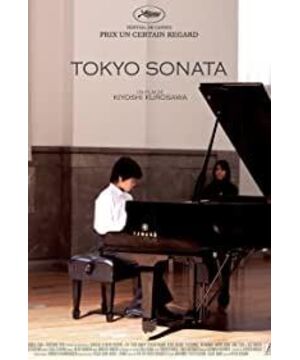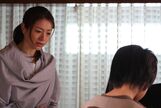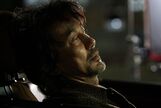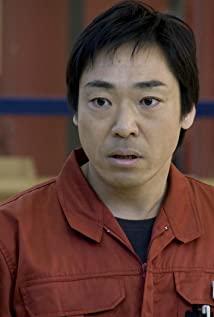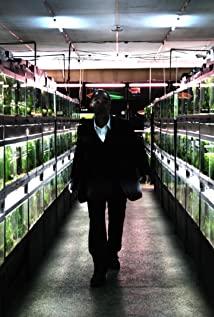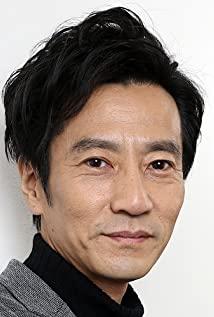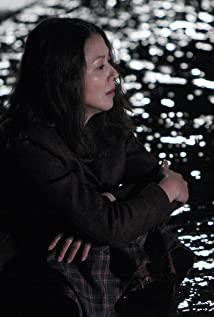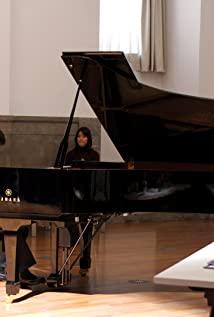When I bought "Sonata", I didn't expect it to be a film by Kiyoshi Kurosawa; when I found out that it was the horror director Kiyoshi Kurosawa, I didn't expect it to be a transformational work; I went to the idea of transformation and found transformation. just appearances. No good director is a panacea, and his style can change. Therefore, "Sonata" puts on a transformational skin and tells the disintegration of a Japanese family of four: a son who is under the authority of the father, or a rebellious or independent son, a housewife with a boring and forbearing life, and an office worker who does not have "one skill". Obviously unemployed, and pretending to go to work every day in suits and leather shoes. And it also fulfilled a series of practical problems such as the impact of the current financial crisis on foreign employees in advance.
However, the more realistic the problem, the more visible Kurosawa's ability to master horror films. This kind of horror is first manifested in the extremely accurate prediction of the real society in the film. In this family of four, each person's problem, the problem of multiple relationships intertwined by four people, is precisely one of the worries of the whole Japanese society. And this kind of prying perspective of looking at the whole through the part and looking at the nature through the world is itself an extremely terrifying shooting method and idea. Although in the process of the progress of the plot, something wonderful and mysterious will suddenly appear, and then rescue the protagonist who has no exit, but this kind of rescue is derived from the mystery and cannot be explained, and I don't know why or when. , so it makes people feel a kind of terror that cannot be grasped.
Second, this terror is manifested in a wide range of misunderstandings, indifference and inability to communicate among family members. Kurosawa's footage was taken from an objective perspective, just tediously moving around in a few limited scenes. To a certain extent, it follows the traditional Japanese style of loneliness, seclusion, and sorrow. Compared with the rapid changes in Japanese society, this style seems out of place, which aggravates the characters' powerlessness and inability to resist. So when the protagonist's psychology is out of control and disconnected, the audience will also feel this emotion in the situation.
Again, due to the director's dramatic treatment of the last two-thirds of the film, the whole story is full of cruel black satire and absurdity, and at the same time, it is even more terrifying. Indeed, in the last two-thirds of the film, all the family issues come together, so it is inevitable to introduce a dramatic character and a dramatic plot, so that the film has a dramatic outlet. And this exit is the arrival of a thief, hijacking his wife and having an unexpected journey without romance, including her husband and sons, all related changes have taken place. . . As a result, a family that was on the verge of collapse was ushered in a strange new life because of unexplainable factors. This kind of life is so bad that it can't get any worse, resulting in an inexplicable reversal of the plot, although it can be called the film to justify it. But once the audience leaves the image and returns to reality, this kind of self-justification can only add to the absurd and terrifying tone.
It can be seen that in this film by Kurosawa, the only thing that can really explain everything and even solve everything is the accident. But accidents cannot be waited for, so the proposition of the whole film is unsolved. Especially in a family ethics drama setting unsolvable propositions and placing such propositions in daily life, it even escalates this horror variation. Because this "accident" that finally solves everything is no longer something that can be reconciled by the internal mechanism of the family. The contradictions in this family are "public", and the nature of the family is absolutely subordinate to the modern society, manipulated and lost by it. Therefore, if the "accident" can never be waited for, then the family will only be left to collapse from the brink of collapse to the inevitable collapse.
It can be seen that if "Sonata" must be given a "transformation" hat, it is just a boring gimmick. And this gimmick is really boring. If a person's horror movie is so well made, why not continue to look forward to his horror movie. Although the word "horror" can be like the painted skin in "Liao Zhai", it can transform into various daily human figures.
As for the end of the film, it is worth admiring, and it ends in Debussy's "Moonlight" played by the younger son. And will this end bring the whole film a little bit of peace after a long period of horror? For example, "Moonlight", it is in this work that Debussy uses a hazy, multi-directional melody to allow the listener to reconstruct the sound and picture. It can be seen that Kurosawa's ending may not be simple. While it is easy for the audience to consciously calm down, the director may not have implied another direction: for example, after the calm down, it may be terror. . .
View more about Tokyo Sonata reviews


